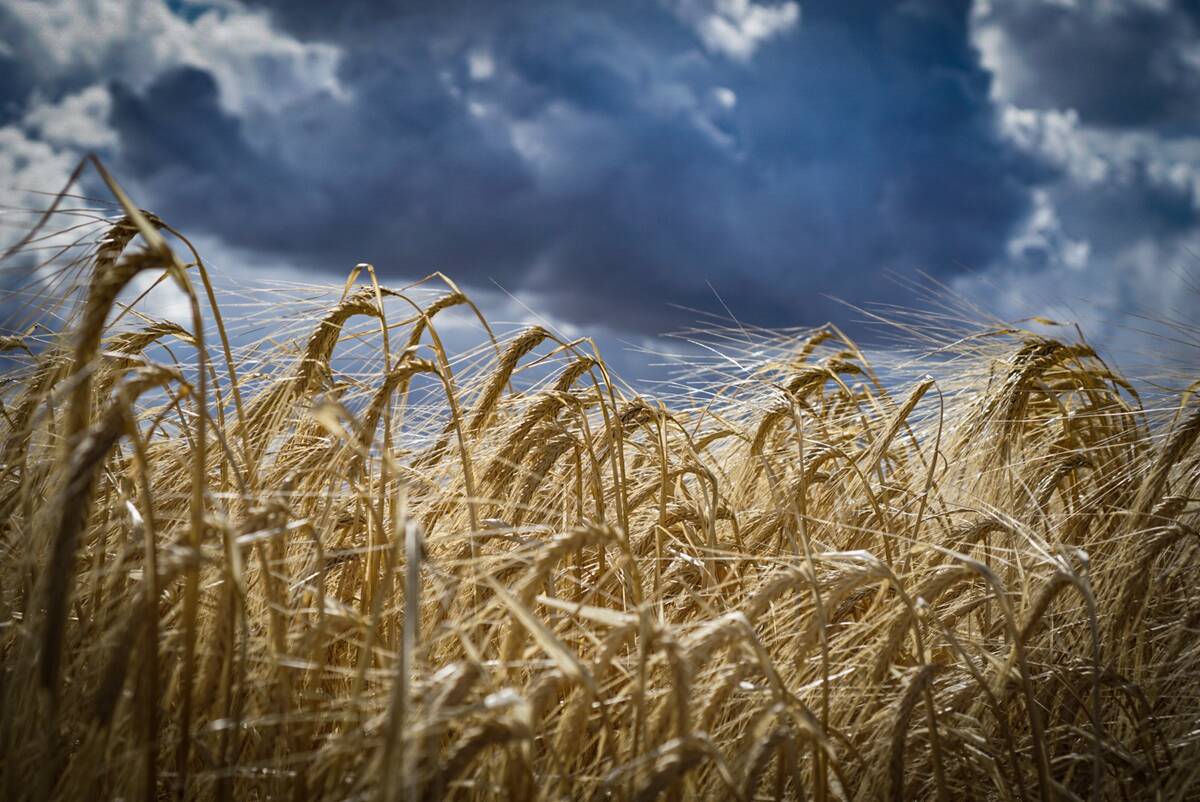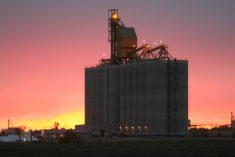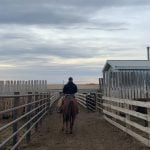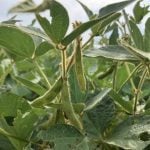Hog producers will fill out questionnaires about the trade and movement of their animals this spring to help keep better track of pigs in Canada.
The data will help the Canadian Food Inspection Agency create a national traceability system. The CFIA is working with national and provincial pork groups and researchers.
John Kellar, CFIA’s national manager of animal disease surveillance, expects interim results by next spring from the study that began in 2001.
Questionnaires on the numbers of animals and farm location plus the kinds and ages of pigs coming and going from the farm in a three-week period will be randomly distributed to swine operations by the end of June, Kellar said.
Read Also

Malting barley exporters target Mexican market
Canada’s barley sector is setting its sights on the Mexican market to help mop up some of the lost demand from China
That will be fed into computer models to help simulate how a disease would likely spread in an area and how the hog industry could best respond with movement barriers.
Kellar said the information is essential in the event of a major disease outbreak.
“When you have ignorance of that, it leaves you somewhat naive in your preparedness for invasion of a disease,” he said.
Citing significant changes in how pigs are raised today, he noted hogs are more mobile and raised at fewer and larger sites. There is also greater interdependence between the Canadian and American swine and cattle industries.
Kellar called the study unique and the first of its kind for livestock tracking in Canada.














